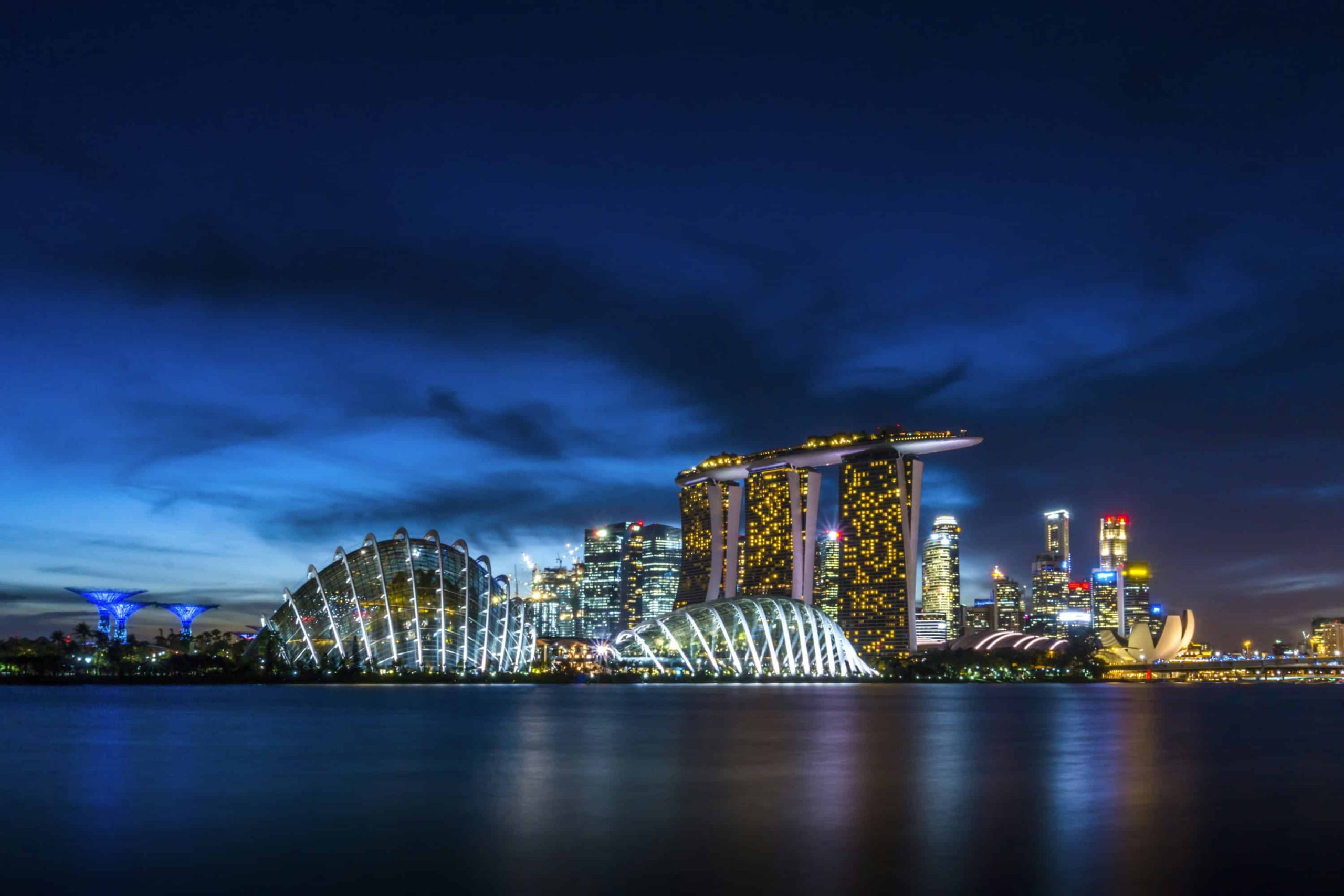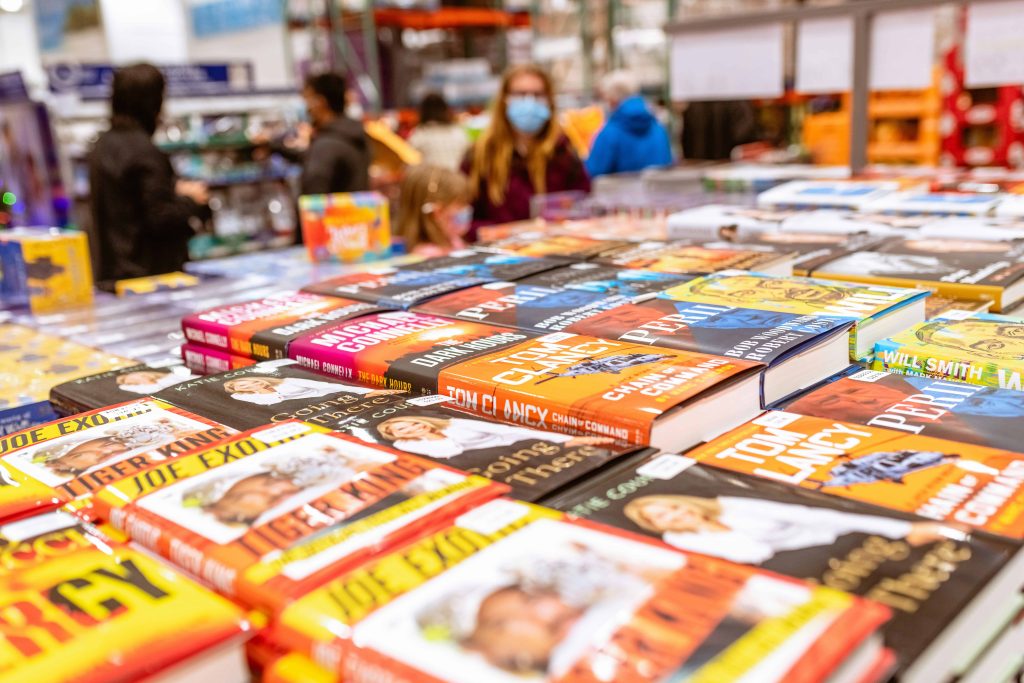
08 Aug Singaporean Literature Scene with Focus on Emerging Authors in 2024
Singapore Literary Scene
Singapore’s literary landscape is a vibrant and dynamic tapestry that reflects the nation’s rich cultural diversity and history. Often referred to as Sing Lit, Singaporean literature plays a crucial role in shaping and expressing the national identity and cultural ethos. In recent years, the Singaporean literary scene has experienced a renaissance, marked by the emergence of a new generation of authors. These emerging writers are bringing fresh perspectives and voices to the forefront, enriching the literary canon with their unique narratives and styles.

Historical Context of Singapore Literature
Singapore’s literary history is rooted in its colonial past and multilingual society. Key figures such as Edwin Thumboo, Catherine Lim, and Goh Poh Seng were instrumental in laying the foundations of modern Singaporean literature. These early writers faced significant challenges, including censorship, limited publishing opportunities, and the struggle to find a distinct Singaporean voice amid diverse linguistic and cultural influences.
Over the decades, Singaporean literature has evolved, reflecting the nation’s journey from a British colony to a thriving independent state. Movements such as the Singapore Writers’ Movement (Angkatan Sasterawan ’50) and the Singapore Poetry Festival have played pivotal roles in fostering literary talent and promoting local works. Today, Singaporean literature encompasses a wide range of genres and styles, reflecting the multifaceted identity of its people.
The Current State of Singaporean Literature
The Singapore literary scene is currently experiencing a period of vibrancy and growth. Government initiatives, such as the National Arts Council’s Literary Arts Sector Plan, provide substantial support to writers through grants, mentorship programs, and publishing opportunities. Literary organizations and festivals, like the Singapore Writers Festival, serve as vital platforms for authors to showcase their work and engage with readers.
Despite this progress, contemporary Singaporean writers face ongoing challenges. The small domestic market limits commercial viability, and competition from international literature can overshadow local works. Additionally, issues such as censorship and the need for greater diversity in literary representation continue to be areas of concern. However, the resilience and creativity of Singaporean writers ensure that the literary scene remains robust and dynamic.

Emerging Authors: The New Wave
The new wave of emerging Singaporean authors is characterized by their innovative approaches and diverse narratives. These writers often tackle contemporary issues such as identity, multiculturalism, and social justice, offering fresh insights into the Singaporean experience. Authors like Balli Kaur Jaswal, Sharlene Teo, and Amanda Lee Koe have gained international acclaim, highlighting the global appeal of Singaporean literature.
Social media and digital platforms have significantly impacted the literary landscape, providing emerging authors with new avenues to publish and promote their work. Platforms such as Wattpad and Medium, along with online literary magazines and self-publishing options, have democratized the publishing process, allowing writers to reach wider audiences. Additionally, initiatives like the Sing Lit Station and the Epigram Books Fiction Prize offer crucial support and recognition for emerging talent.
The Future of Singapore Literature
The future of Singaporean literature holds immense promise, driven by the creativity and passion of emerging authors. These writers are poised to shape the literary landscape with their innovative narratives and diverse voices. Potential directions for Singaporean literature include greater exploration of digital storytelling, increased representation of marginalized communities, and deeper engagement with global literary trends.
Emerging authors will play a pivotal role in this evolution, bringing fresh perspectives and challenging traditional narratives. However, they will also face challenges such as sustaining financial viability, navigating censorship, and ensuring their work resonates with both local and international audiences. Opportunities for growth lie in continued support from literary organizations, increased visibility through global platforms, and fostering a strong reading culture within Singapore.

CONCLUSION
Singapore’s literary scene is undergoing a remarkable transformation, driven by the emergence of a new generation of authors. These writers are not only enriching the national literary canon but also contributing to the global literary community with their unique perspectives. The future of Singaporean literature is bright, with emerging authors at the forefront of this renaissance, poised to shape the narratives of tomorrow. As we celebrate their contributions, it is crucial to continue supporting and nurturing this vibrant literary ecosystem, ensuring that Singapore’s stories are heard and cherished for generations to come.
KEY TAKEAWAYS
- Vibrant Literary Landscape: Singapore’s literary scene, known as Sing Lit, is a reflection of its rich cultural diversity and history, playing a crucial role in shaping the national identity.
- Historical Roots: The foundations of modern Singaporean literature were laid by key figures like Edwin Thumboo, Catherine Lim, and Goh Poh Seng, despite facing significant challenges such as censorship and limited publishing opportunities.
- Current Growth and Support: The literary scene is experiencing growth supported by government initiatives, literary organizations, and festivals. These provide grants, mentorship programs, and publishing opportunities for writers.
- Challenges and Resilience: Contemporary writers face challenges including a small domestic market, competition from international literature, and censorship. However, their resilience and creativity keep the literary scene dynamic.
- Emerging Authors: A new wave of authors is bringing innovative approaches and diverse narratives, often addressing issues like identity, multiculturalism, and social justice. Authors such as Balli Kaur Jaswal, Sharlene Teo, and Amanda Lee Koe have gained international recognition.
- Digital Impact: Social media and digital platforms have democratized the publishing process, allowing emerging authors to reach wider audiences and gain recognition through platforms like Wattpad, Medium, and online literary magazines.
- Future Directions: The future of Singaporean literature is promising, with potential for greater digital storytelling, increased representation of marginalized communities, and engagement with global literary trends. Continued support and fostering a strong reading culture will be crucial for sustained growth.
- Global Contribution: Emerging Singaporean authors are not only enriching the local literary canon but also contributing to the global literary community with their unique perspectives and innovative narratives.
- Sustaining Growth: To sustain this literary renaissance, ongoing support from literary organizations, increased visibility through global platforms, and a strong local reading culture are essential.
FAQ
What challenges have historical Singaporean authors faced?
Historical Singaporean authors faced challenges such as censorship, limited publishing opportunities, and the struggle to establish a distinct Singaporean voice amidst diverse linguistic and cultural influences.
How has the digital age impacted emerging Singaporean authors?
The digital age has provided emerging Singaporean authors with new avenues to publish and promote their work, such as social media, Wattpad, Medium, and online literary magazines, democratizing the publishing process and expanding their reach.
What support is available for contemporary Singaporean writers?
Contemporary Singaporean writers receive support through government initiatives like the National Arts Council’s Literary Arts Sector Plan, grants, mentorship programs, literary festivals like the Singapore Writers Festival, and platforms like Sing Lit Station and the Epigram Books Fiction Prize.
Understand the profound impact of freedom of expression on the richness and diversity of global literature, creating a tapestry of narratives that reflect the full spectrum of human experience.
